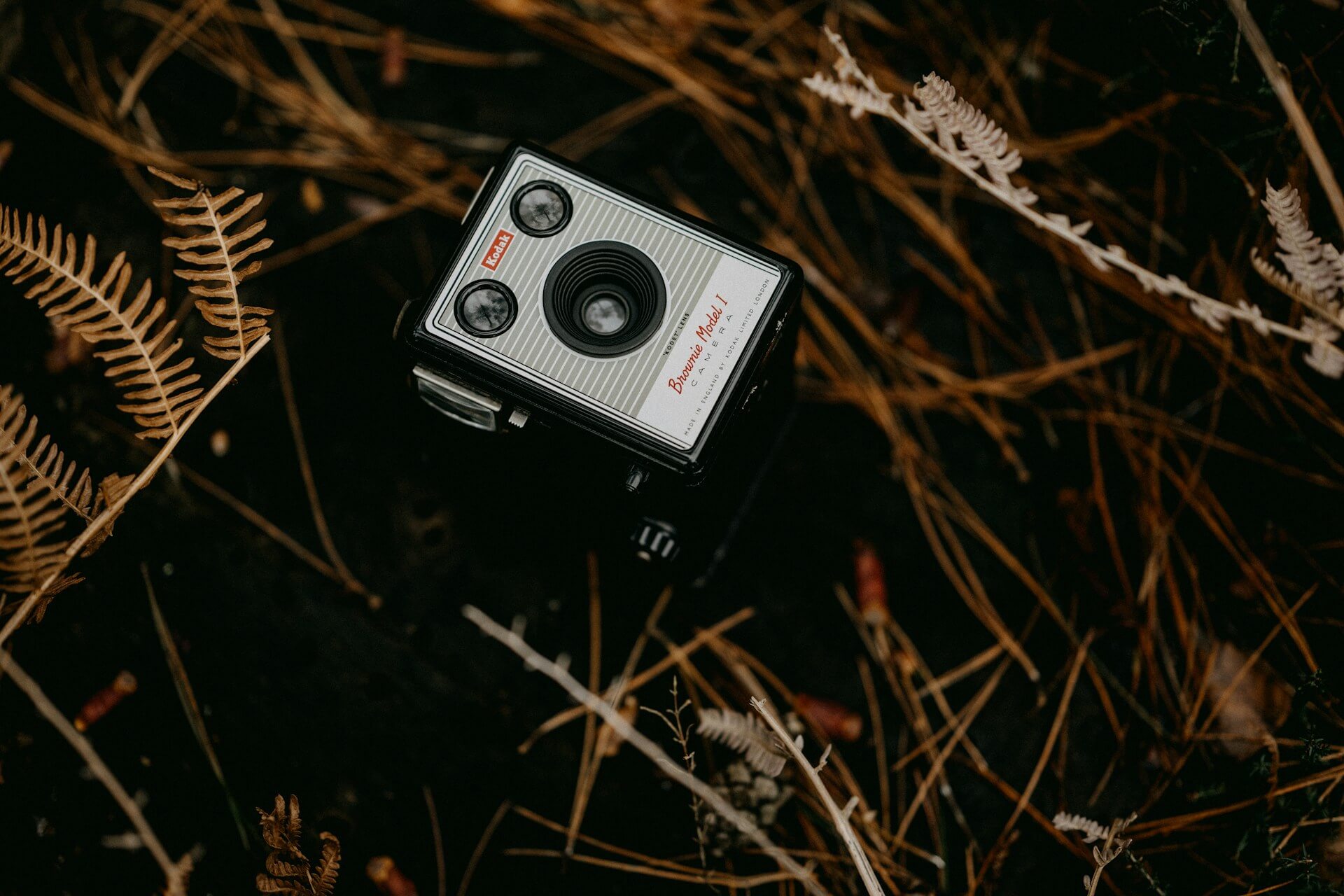
A Photo of a Father Holding His Young Son
Mother took the photo
With a Kodak Brownie box-camera;
The black-plastic handle,
Gray knobs of the 1947 model.
In the square view-finder lens,
Upside down:
The concrete porch,
A house the couple rented
On Recreation Avenue.
Dressed in a T-shirt,
Black, Can’t-Bust-‘Em jeans,
Well-worn work boots,
Uniform of a young electrician.
He had a boyish look
And roguish eyes,
Father turned 26 in 1950.
Apparently, a proud father
Holding up between his legs
A three-month old son
Wearing a cotton diaper,
While they sat at the door
Of a modest working-class home
Two-bedroom, one bath,
Screen door,
A metal mailbox, and 153,
The south Fresno address.
Eleven years in the house
They bore six children;
Four boys, two girls.
Mother
Captured a short time
In a black and white photo
Before the next baby.
When he, the very first-born
Was the only child
Who occupied his parent’s
Constant attentions,
And they loved him most.
It showed on his face.
Soapbox Row
“Fellow workers . . .
I’ve been run out of this town five times.
Every time I found my way back, this proves
conclusively, the earth is round.”
For the benefit of poor,
working-class, the fruit-pickers,
and packing-shed workers,
speakers on the sidewalks
of the city delivered social
and political messages.
“Street meetings,”
with speeches and leaflets
to advance their agendas,
the emancipatory news
given to the people
at a poor-man’s town hall.
1910, in Fresno, California,
“soapbox row,” was on I Street.
The Grand Central corner
at Mariposa, the hotel
near the train tracks
where the men gathered,
a preferred location
on the shady-side.
Soapboxers mounted three
raisin sweat-boxes stacked up,
placed on the sidewalk,
as a means to elevate the speaker
to orate an impromptu
and extemporaneous speech.
“Talkin’ Union,”
attracting the wage-slave,
street moocher, and saloon soak.
Industrial Workers of the World,
the IWW agitating for:
higher wages for farm workers,
railing against worker exploitation.
Chief of Police, William Shaw,
granted “speaking permits,”
and revoked them
for speaking unfavorably
of him, or against business
(or farming) interests,
which he equated with “treason.”
The IWW permit was rescinded,
as a speaker ascended the boxes
at the Grand Central sidewalk,
exhorting the cheering mob
to support industrial unionism,
demand less hell on earth.
Chief Shaw, and his squad,
were on scene, at the corner
infiltrating the crowd.
The speaker was ordered to stop.
When he kept speaking, was arrested
and manhandled by officers
and hauled off to jail.
Rumor was, the cops drilled out
their clubs, filled them with lead.
The IWW strategy: obstruction,
sabotage, and passive resistance.
Wobblies in the county jail
spoke loudly about dynamite.
One-by-one, like choreography,
twelve other IWW soapboxers
jumped-up onto the boxes to speak.
Only to be arrested,
taken to the dilapidated jail
in the stately Courthouse Park,
thrown in the basement bull-pen.
Thirteen IWW men were arrested
violating the city ordinance
against speaking in public
without a police-issued permit.
Soapbox orators, of the street
corners, farm towns, or labor camps.
The next night, a local crowd met
on “soapbox row,” to await the clash
between Wobblies and police.
An IWW speaker began his speech
with no hostilities or antagonism
toward the chief of police.
He sang “The Red Flag Song,”
told stories of labor struggles,
read a poem, “Der Chief, of Fresno,”
specially written by Joe Hill
who was in the crowd that night.
He insisted, while creating a scene,
“Jerusalem Slim was a Wobbly,”
before being arrested.
The IWW plan: flood the town
with soapboxers, only to be hauled off
to the overflowing jail.
Museé Rodin
for my father
“He hardened himself, rejecting the superfluous,
and stood out among other men.” ~Rainier Maria Rilke, speaking of Rodin.
Father was above ordinary workers.
His hands rough, eyes tenderly green
with a gaze of a searching quality
often found in myopic people.
He was a hard-worker.
He would read
Rodin, A Life in Glory, A Life Unknown
Stolen from the Boston Public Library
during the Feast of Assumption
before the train left for the west.
He looked at the pictures,
The Kiss, Man with a Broken Nose,
The Walking Man, Monument to Balzac,
The Burghers of Calais,
and thought about The Thinker.
Seated on a rock leaning forward,
right-hand upholding his chin,
elbow on the knee, deep in thought
Dante contemplates the gates of Hell
that lie before him in the Inferno
a craftsman-like style,
naturalism with physicality,
colossal in size and proportion.
Museé Rodin, with gilded doors.
Metro stop Varenne, served by line 15.
Rue de Varenne, and Boulevard de Invalides,
at the Hotel Biron, his workshop.
In the garage, father kept a picture,
naked Marilyn Monroe on a sand dune.
He formed her reclining figure in clay,
then poured it in molten lead.
Rodin fashioned colossal busts,
torsos of women in bronze,
kept a young mistress named Claudine.
My old man had no time for a lover,
he fathered six children instead.
The garage door open on Saturdays,
using a hammer and chisels,
crafted a female torso in white marble.
Rodin's figures were large,
and monumental, absent of artifice.
Consider the influence of Italy,
Michelangelo, and Donatelli.
Friends, Emile Zola, or Claude Monet.
They were workers who enjoyed occupation,
Rodin and my father buried themselves in work;
one tried to reclaim the (lost) third dimension,
master the relationship with the figures.
object-subject, object-thoughts,
object-ideas, object-form.